


In recent years, convergence of sustainability and technology has become a recurring and valid trend across sectors. Property management is no exception despite traditionally being an industry that focuses on tenant satisfaction and maximizing efficiency. Now more than ever there is an increased emphasis on environmental responsibility. Green technology is revolutionizing how property management companies operate today. Some of the promises of these innovations include reduction of carbon footprints alongside financial and operational benefits.
Let’s explore how green tech can revolutionize property management.
The Rise of Green Technology in Property Management
Green technology, or "green tech," encompasses a broad range of technologies aimed at improving environmental sustainability. In property management, these innovations address various aspects of building operations, from energy consumption to waste management. According to a report by the International Energy Agency (IEA), buildings account for approximately 40% of global energy consumption and 33% of CO2 emissions. Thus, implementing green tech solutions in property management is crucial for mitigating environmental impacts and achieving sustainability goals.
However, to first ensure a reduced carbon footprint in real estate, there is a foremost need for transparency and visibility of the existing carbon footprint. Green tech begins with identifying the leading source of high carbon emissions and building technology to counter the same.
A powerful solution that offers a detailed view of all resource consumption and utilization is step one in reducing this footprint. From identifying large sources of energy/ fuel drainage all the way to allowing e-signatures for property rentals, green tech can go a long way in making granular changes.
Key Innovations in Green Tech for Property Management
1. Smart Building Systems
Smart buildings are the forefront in leading the way for green tech innovations.
These systems leverage Internet of Things (IoT) sensors, artificial intelligence (AI), and data analytics to optimize building operations. For instance, smart thermostats and lighting systems adjust settings based on occupancy and weather conditions, reducing energy consumption.
A study by the Lawrence Berkeley National Laboratory found that smart building technologies could reduce energy use by up to 20%. Smart meters provide real-time data on energy usage, allowing property managers to identify inefficiencies and implement corrective measures. These systems also enable predictive maintenance, ensuring that equipment operates efficiently and reducing the likelihood of costly repairs.
2. Energy-Efficient HVAC Systems
Heating, ventilation, and air conditioning (HVAC) systems have always been leading contributors to a building's energy consumption. Innovation in HVAC technology focuses on improving efficiency and reducing energy use. For example, variable refrigerant flow (VRF) systems adjust the amount of refrigerant based on demand, leading to substantial energy savings.
The U.S. Department of Energy (DOE) estimates that modern, high-efficiency HVAC systems can reduce energy consumption by up to 30% compared to older models. Additionally, integration with smart building systems allows for more precise control of HVAC operations, further enhancing efficiency.
3. Renewable Energy Integration
Incorporating renewable energy sources, such as solar panels and wind turbines, is becoming increasingly common in property management. Solar photovoltaic (PV) systems offer a viable way to reduce reliance on non-renewable energy sources.
The Solar Energy Industries Association (SEIA) reports that the average residential solar system can reduce electricity bills by 50-70%. For commercial properties, the savings can be even more significant. Additionally, advancements in energy storage technologies, like lithium-ion batteries, allow for the efficient storage of renewable energy, providing a reliable power source even when the sun isn't shining, or the wind isn't blowing.
4. Green Building Materials
Building materials have a profound impact on a property’s carbon footprint and environmental impact. Green building materials, such as recycled steel, bamboo, and low-VOC (volatile organic compounds) paints, contribute to more sustainable construction and renovation practices.
Using recycled materials reduces waste and lessens the need for virgin resources. According to the U.S. Green Building Council (USGBC), buildings that use green materials can achieve up to a 30% reduction in their overall environmental impact. Additionally, green materials often offer better energy efficiency, which can lead to long-term cost savings for property managers.
5. Waste Management Solutions
Another important aspect of green property management is effective waste management. Innovations in waste management technology include smart waste bins equipped with sensors that monitor waste levels and optimize collection schedules.
The Environmental Protection Agency (EPA) highlights that such technologies can reduce waste collection costs by up to 30% and lower greenhouse gas emissions from waste transport. Additionally, composting and recycling programs, supported by green tech solutions, help divert waste from landfills and reduce environmental impact.
Financial and Operational Benefits
Integrating green technology into property management not only contributes to environmental sustainability but also offers significant financial and operational benefits. According to a report by the World Green Building Council, green buildings can achieve up to 20% lower operating costs, 19% higher occupancy rates, and 13% higher rental income compared to conventional buildings.
1. Reduced Operational Costs
Energy-efficient systems, such as LED lighting and smart HVAC controls, can lower utility bills, resulting in substantial savings for property managers. The initial investment in green technologies, though often predicted to be large, is often offset by these long-term savings. For instance, a study by the McKinsey Global Institute found that investments in energy-efficient technologies can yield returns of up to 30% annually.
2. Enhanced Property Value
Properties that incorporate green technologies often have higher market value. According to a study by the National Association of Realtors, green-certified homes sell for an average of 4% more than their non-certified counterparts. This premium is driven by increasing consumer demand for environmentally responsible properties and the perceived long-term savings associated with green features. Green tech has the added advantage of being a safer alternative to the non-green variants from the sheer level of monitoring and controlling of energy and electricity which are main culprits in building accidents.
3. Improved Tenant Satisfaction
Sustainability is becoming a key factor in tenant decision-making. Green technologies contribute to healthier indoor environments, lower utility costs, and enhanced comfort, leading to higher tenant satisfaction and retention. A survey by the National Apartment Association found that 70% of renters consider energy efficiency a crucial factor when choosing a rental property.
RealCube’s finance management suite is built on the foundation of sustainability and waste reduction. With features such as online payment functions and automated e-invoicing, there is a reduced dependency on documentation wastage. With a powerful dashboard highlighting structured accounting and recording of every transaction, a keen eye can be kept on recurring and excessive costs contributed by repetitive fuel/ energy usage. These insights oftentimes help property managers to make more viable and cost-effective decisions.
Challenges and Considerations
There are challenges to consider despite the benefits of implementing green tech in property management. For starters, the initial cost of implementing green technologies can be high, and property managers must navigate various incentives and regulations to maximize their return on investment.
1. High Initial Costs
The upfront costs of implementing green technology can be a massive barrier for most property managers. However, many jurisdictions offer financial incentives, such as tax credits and rebates, to offset these costs. Additionally, financing options like green loans and energy performance contracts can help property managers make the transition to green technologies without significant financial strain.
2. Regulatory Compliance
Green building standards and regulations vary by region and can be a little complicated. Property managers must stay informed about local regulations and ensure compliance with green building codes specific to regions. Engaging with sustainability consultants and industry experts can help navigate these requirements and ensure successful implementation of green technologies.
Future Trends and Opportunities
The future of green tech in property management is promising, with several emerging trends and opportunities on the horizon. As technology continues to advance, property managers will have access to even more innovative solutions for enhancing sustainability and operational efficiency.
1. Advanced Building Analytics
The development of advanced building analytics platforms will enable property managers to gain deeper insights into building performance. These platforms will leverage AI and machine learning to analyze vast amounts of data, providing actionable recommendations for optimizing energy use and improving overall building efficiency.
2. Carbon Neutrality and Net-Zero Buildings
The push towards carbon neutrality and net-zero buildings is gaining momentum. Property managers will increasingly focus on achieving net-zero energy consumption, where a building produces as much energy as it consumes. Innovations in renewable energy, energy storage, and building design will play a crucial role in achieving these ambitious goals.
3. Integration with Smart Cities
The integration of green tech in property management will also align with the broader trend of smart cities. As urban areas become more connected and data-driven, property managers will benefit from improved infrastructure, transportation, and resource management, further enhancing the sustainability of their buildings.
Green tech innovations are transforming the property management industry by enhancing operational efficiency, reducing environmental impact, and providing financial benefits. From smart building systems to renewable energy integration, these technologies are shaping the future of property management. As the demand for sustainable practices continues to grow, property managers who embrace green tech will not only contribute to a healthier planet but also achieve long-term success and tenant satisfaction. The journey towards a greener future is well underway, and the innovations on the horizon promise even greater advancements in the years to come.
With a focus on sustainability and functional ease of use, RealCube’s integrated solution is already helping the real estate industry in the MENA region transform property and finance management with green-forward technology. If you are curious to know more, schedule a demo with us today.
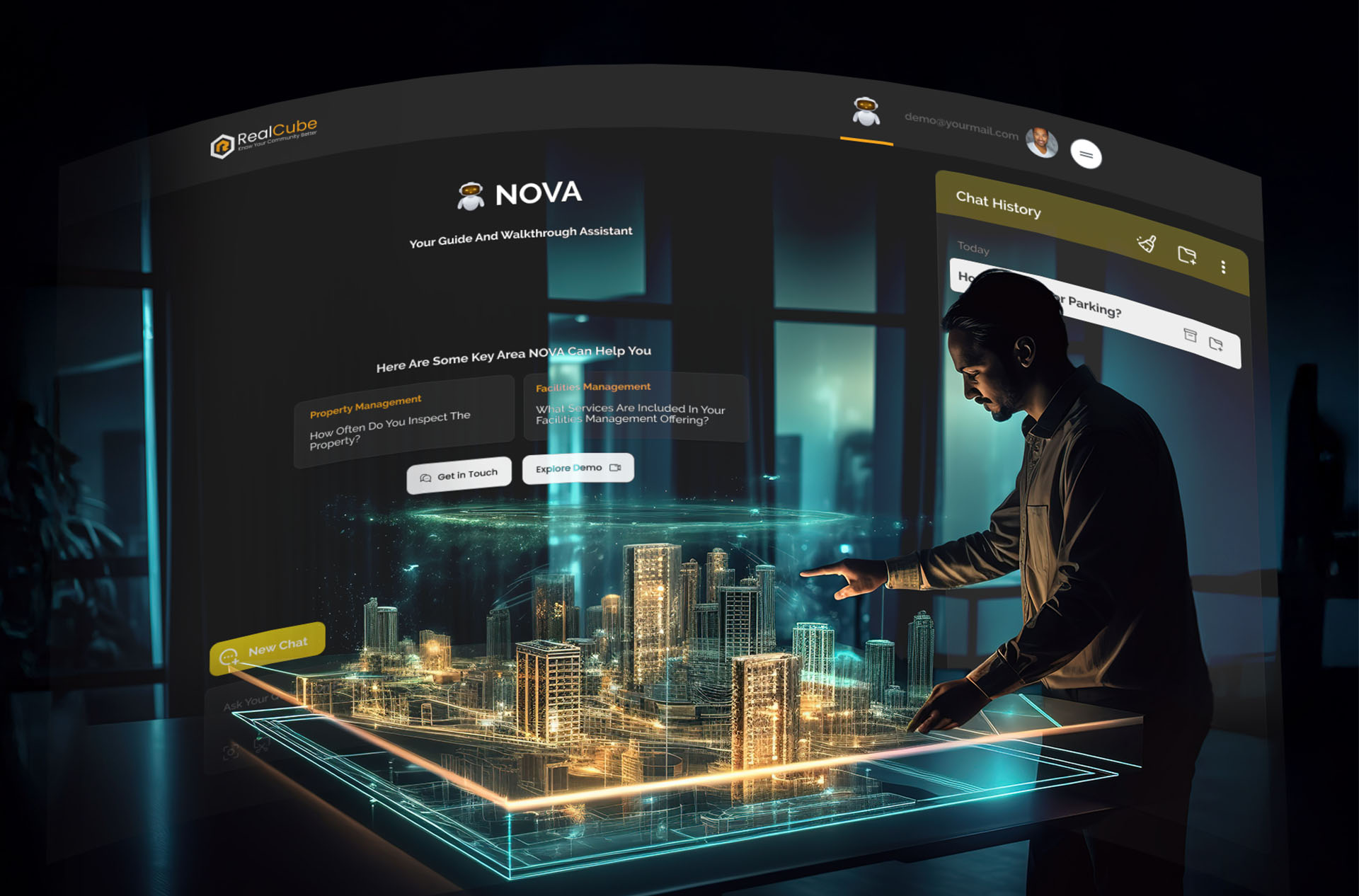
The Digital Shift in Real Estate Strategy The real estate industry is undergoing a profound shift. Traditional…
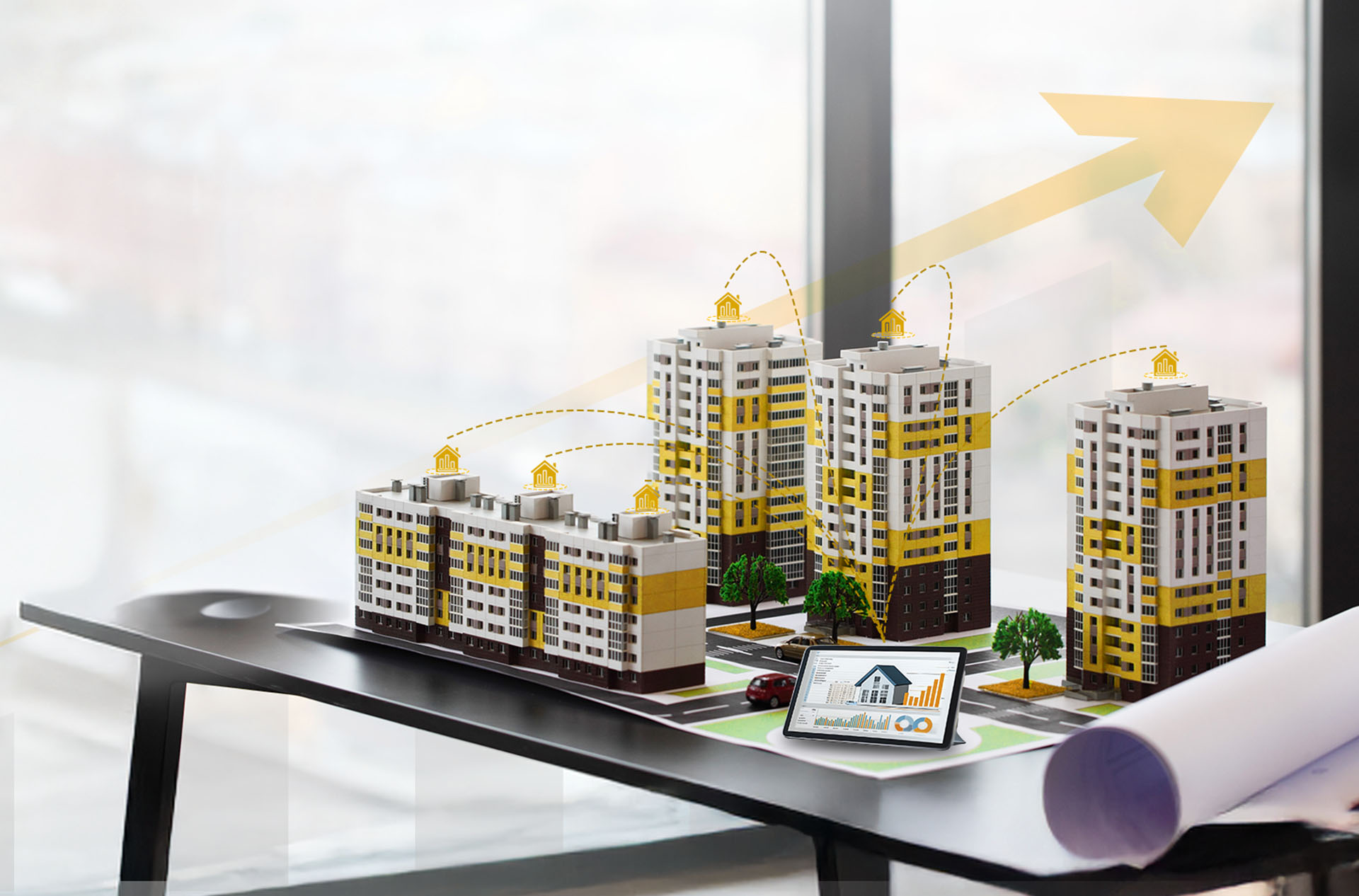
As property management companies expand into new regions, scaling operations while maintaining efficiency…
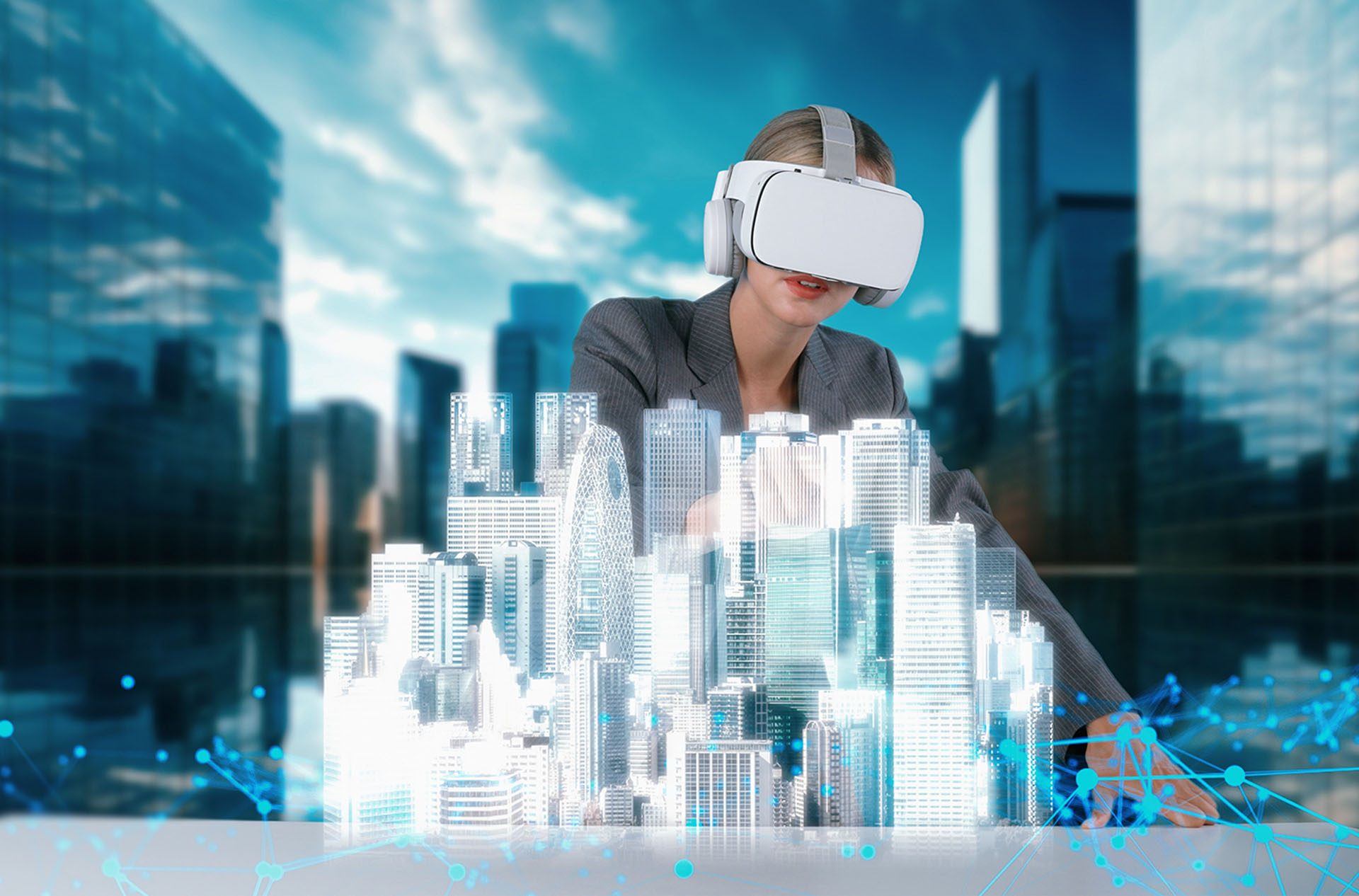
Top 2025 Property Tech Trends to Watch 1. Artificial Intelligence (AI) and Machine…

The world of real estate is undergoing a massive transformation, driven by the rise of artificial intelligence…

As cities around the world grow and change to meet new challenges, the "smart city" trend has changed…

In the property management and real estate development space, one overlooked permit, expired document,…

In today’s fast-paced, document-heavy world, effective document management is crucial for any organization,…
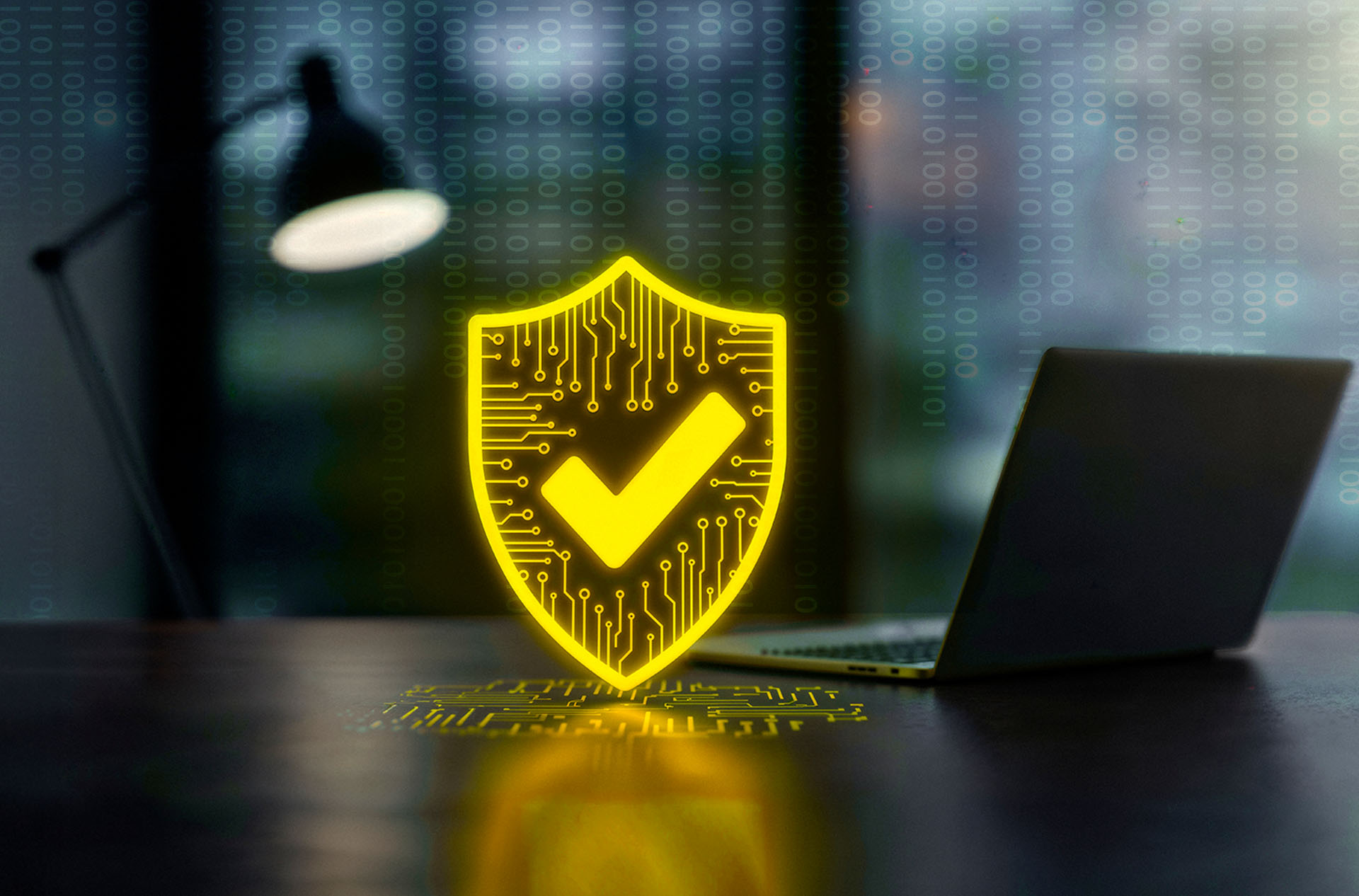
Data is one of the most important resources for any business in the modern digital era, particularly…
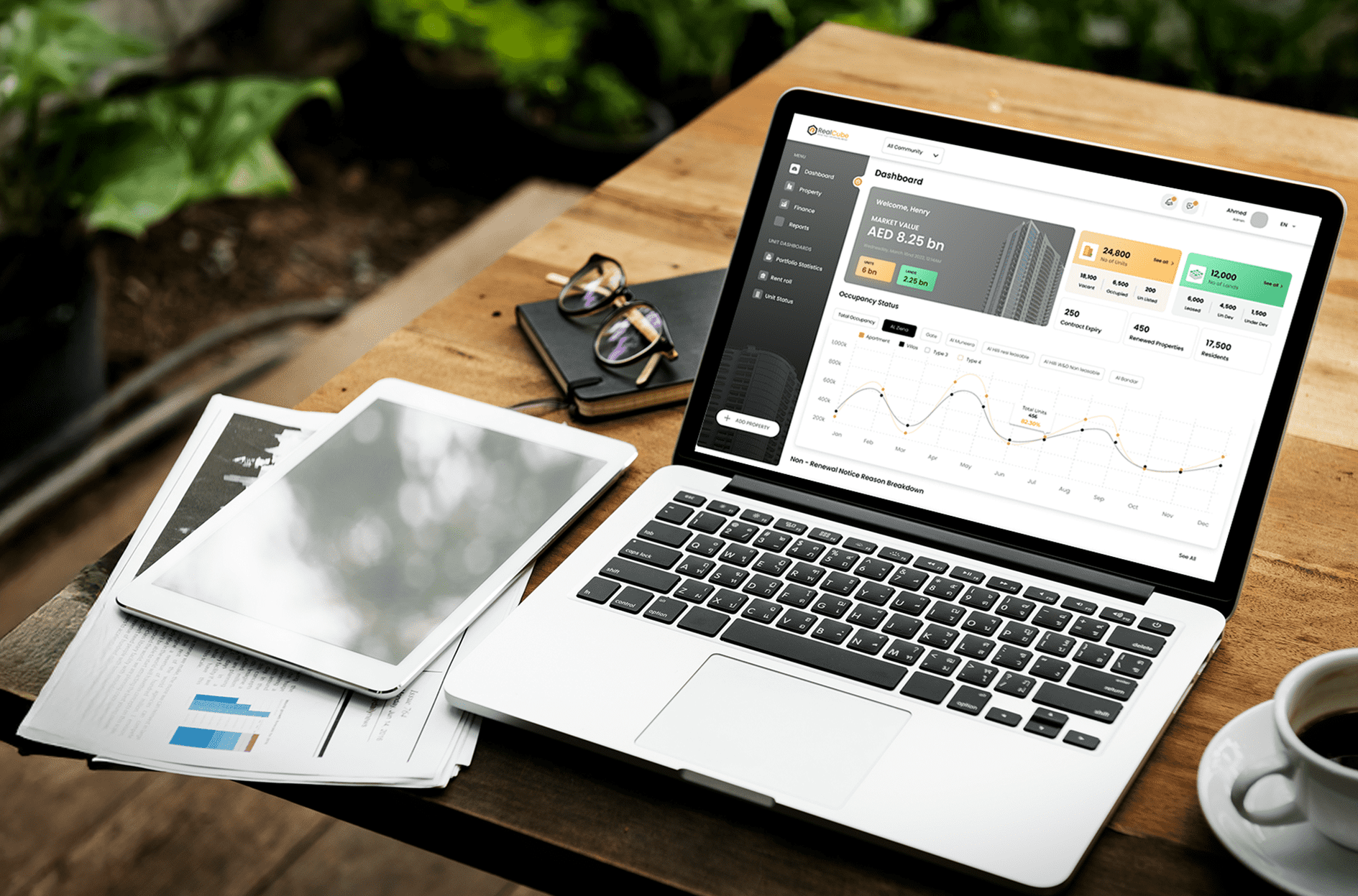
Property management solutions are now crucial for guaranteeing seamless operations in the real estate…

In the dynamic, fast-paced world of community management, keeping in touch with locals is essential.…